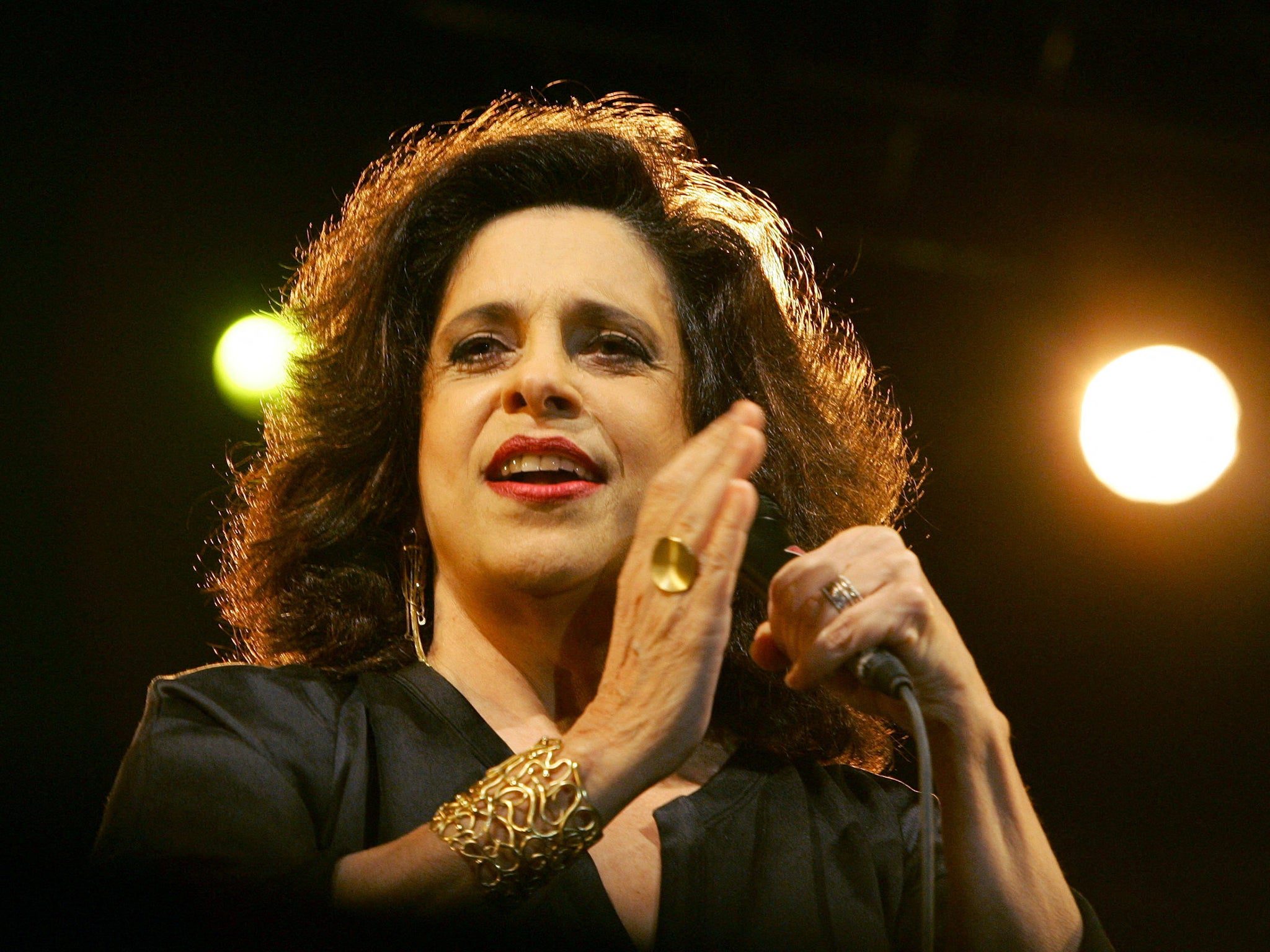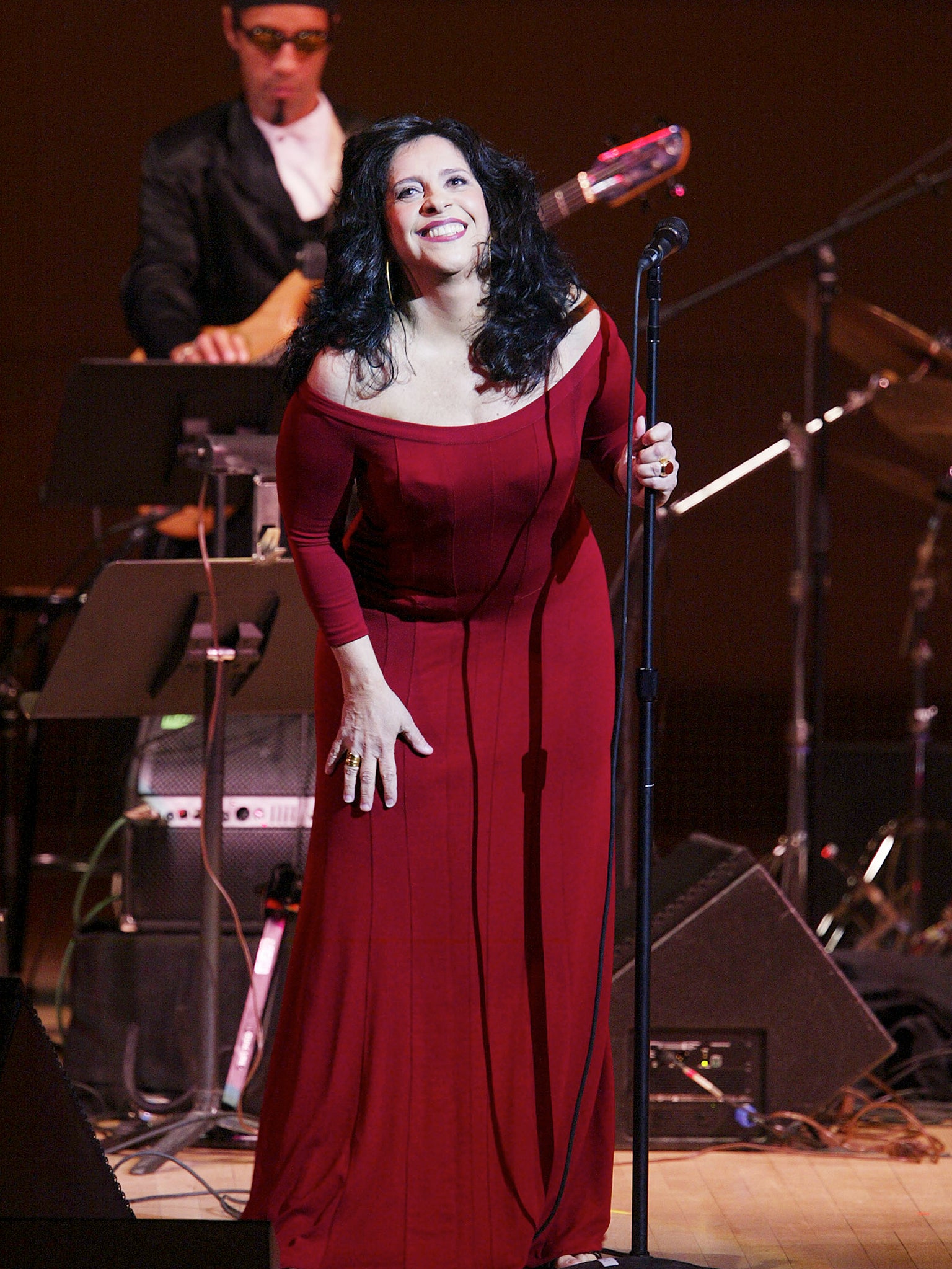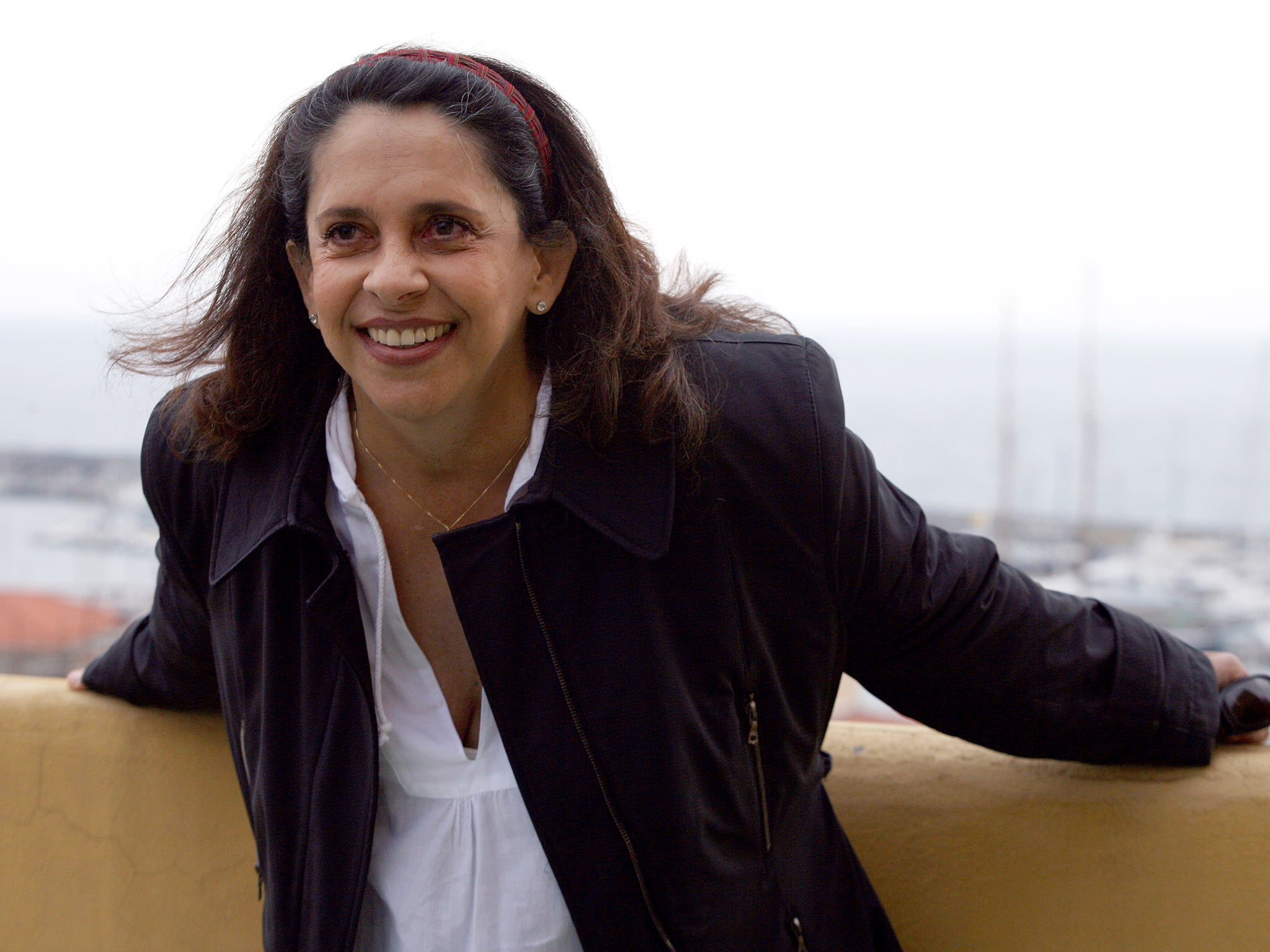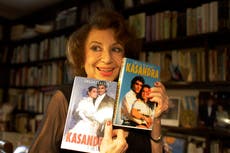Gal Costa: Flamboyant singer who spearheaded Brazil’s Tropicália movement
Costa used her evocative music to challenge political corruption and Brazil’s junta

Gal Costa, one of Brazil’s most revered singers and a central figure in the Tropicália counterculture artistic movement that emerged during the repressive military dictatorship lasting from 1964 to 1985, has died aged 77.
Until 1969, the highest-profile artists of the Tropicália movement, which sought to undermine military rule via art and peaceful disobedience rather than through the leftist guerrilla activity of the time, were singer-songwriters Caetano Veloso and Gilberto Gil. When they fled the country, under threat of prison or worse from the regime, Costa made sure their music stayed in circulation through evocative performance.
In addition, Costa was a leading exponent of música popular brasileira, which blended regional folk music with samba, jazz and rock. She never considered herself a traditional protest singer, or even politically motivated until the last few years when she spoke out against then Brazilian president Jair Bolsonaro. But her choice of lyrically allegorical songs, which she interpreted with her crystalline mezzo soprano voice and her virtuoso playing of the violao (acoustic guitar), often targeted political corruption and Brazil’s junta.
Usually outrageously and often scantily dressed as a young woman, her long, dark hair often tressed in curls or an Afro, Costa was a child of the sexual revolution that came to Brazil in the 1960s along with rock music from the United States and Britain. She became known as a muse of desbunde, an anti-military but also anti-guerrilla nonconformist zeitgeist.
Costa was initially inspired by bossa nova musician Joao Gilberto and later by Veloso and Gil. But she also became influenced by American rockers, soul men and blues masters – including Jimi Hendrix, Janis Joplin and James Brown – and later (thanks to her son, Gabriel) hip-hop.
Her best-known songs include “Baby” and “Coracao Vagabundo” (Vagabond Heart) – both written by Veloso; “Aquarela do Brasil”, a 1939 composition by Ary Barroso popularised in English as “Brazil” during the big-band era; and “London London”, written by Veloso during his exile in the British capital. She sang the last, as he had written it, in English.

Her most controversial album was Índia (1973), less for its allegorical lyrics than for its cover image of a woman’s torso with a red thong-like bikini. The military banned the album sleeve and ordered Costa’s record company to sell it only inside an opaque blue plastic cover. It was the best inadvertent publicity any artist could wish for. Brazilians queued at record stores to buy it, and Costa emerged as an unwitting feminist icon.
One of the finest songs on the Índia album – with the collaboration of Gil, as producer, and Verdoso – was “Milho Verde” (Green Corn), a traditional song chanted by female enslaved cornfield workers under Portuguese colonial rule and echoing the songs of North American enslaved cotton pickers.

Maria de Graca Costa Penna Burgos was born in Salvador, the capital city of the northeastern Brazilian state of Bahia, on 26 September 1945. Her parents separated after her mother discovered that her husband had a secret second family.
After leaving school early to help her mother, Costa found work in a local record store and began singing along to the latest bossa nova releases. That brought her to the attention of customers including Veloso, Gil and a young singer called Maria Bethania. They soon formed a musical group calling themselves Doces Barbaros (Sweet Barbarians).
She recorded her first solo single in 1965 under the name Maria da Graca but soon settled on Gal Costa as her stage name. Her breakthrough album, Domingo (1967), also featured Veloso.
Costa said she didn’t have the financial means to go into self-exile like Veloso. Instead, in 1971, she launched a new Tropicália stage show called Fa-Tal, directed by her friend Waly Salomao, in which she performed with sexy clothes and brightly painted lips.
As her fame grew, she continued with her hippie-hedonistic lifestyle in Rio, where she and her friends would sing and play on a stretch of the Ipanema beach, which became dubbed the “Dunes of Gal”. In 1985, when she performed at the Carnegie Hall in her first performance in the US, she told the New York Times: “I am not planning to conquer the United States market. I am a Brazilian singer, and I am kind of lazy about leaving Brazil.”
In 2011, Costa was awarded a Latin Grammy Lifetime Achievement Award. Survivors include her son, Gabriel.
At the core of Costa’s music was a free-spiritedness. “Any kind of diversity, I am a defender,” she once told an interviewer. “People have to respect differences. The other doesn’t have to be like you. You have to have freedom to be, to exist, whatever you may be. That’s implicit in me, in my way of being.”
Gal Costa, singer, born 26 September 1945, died 9 November 2022
© The Washington Post


Bookmark popover
Removed from bookmarks